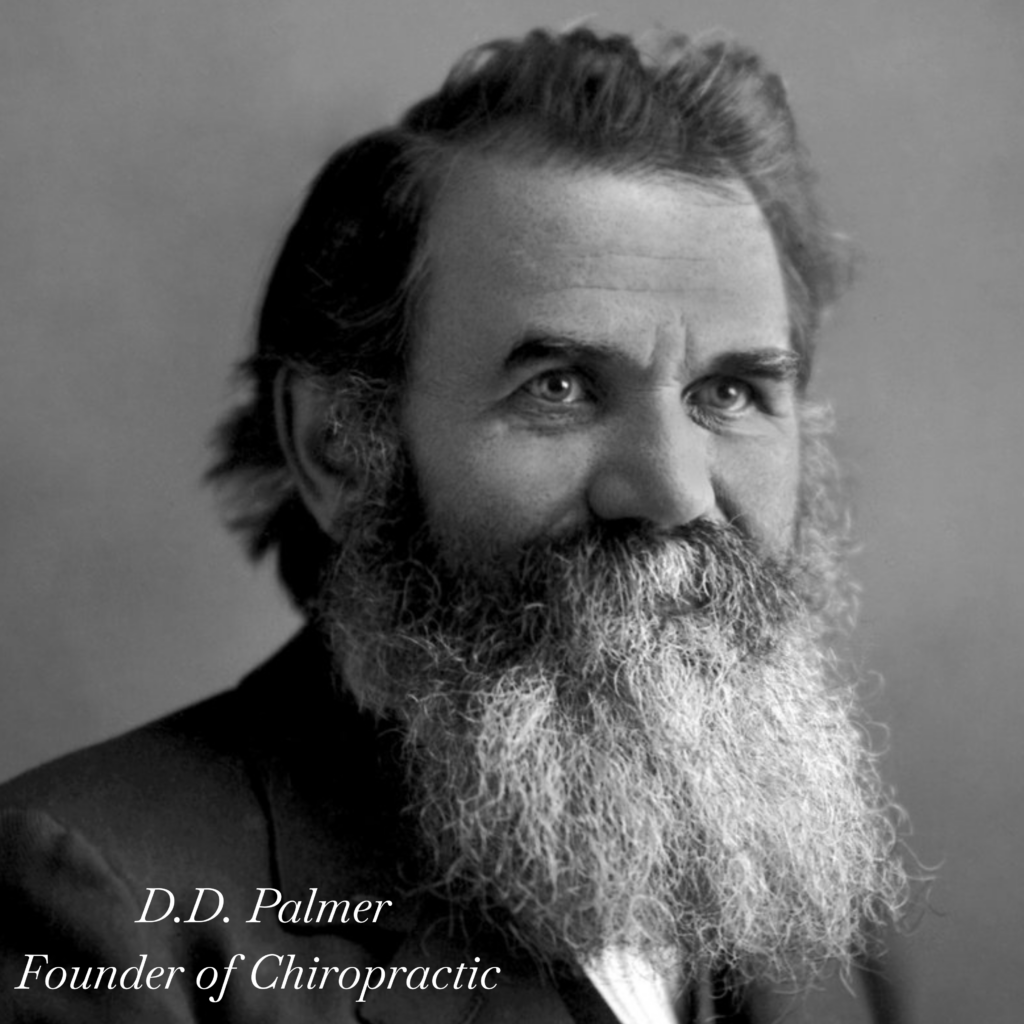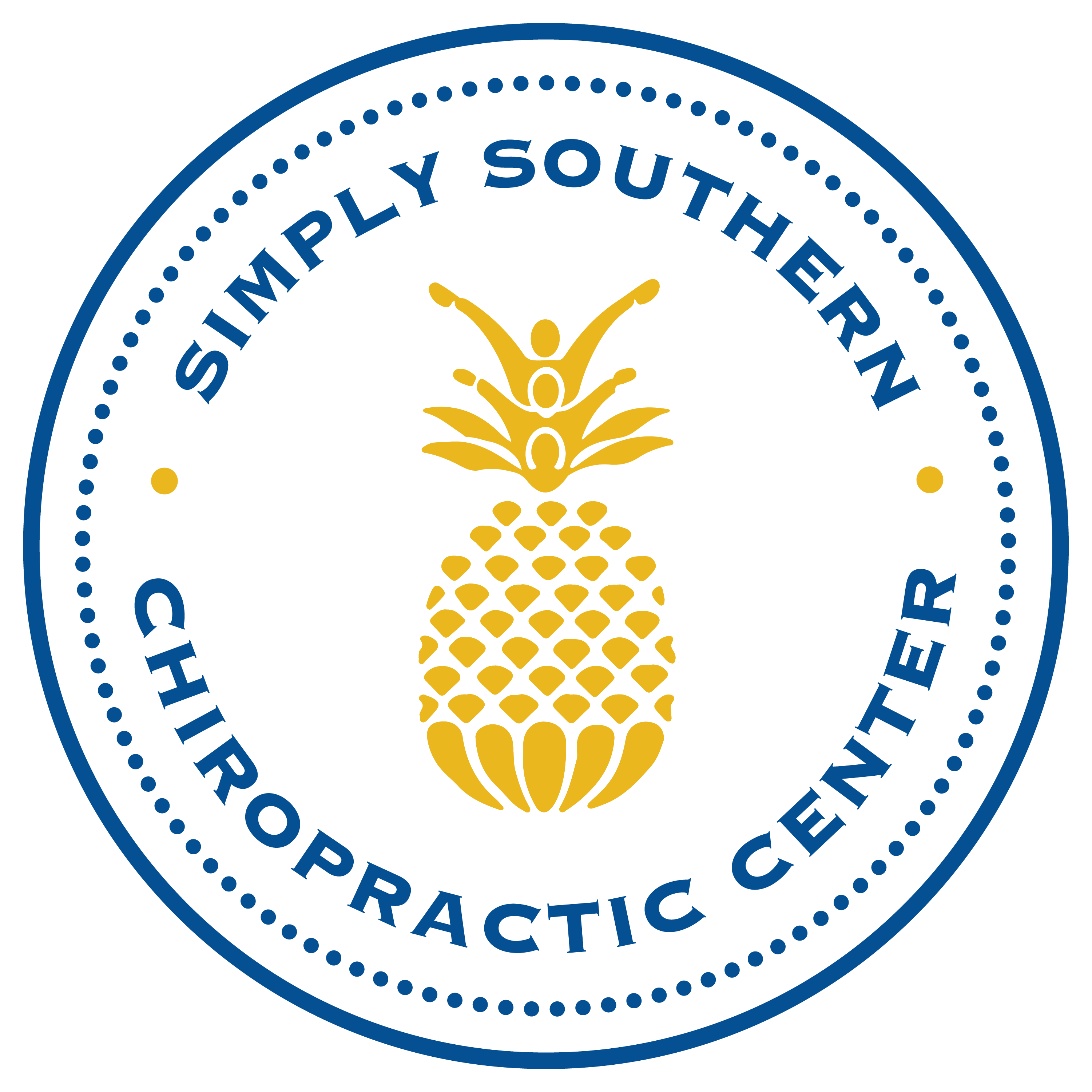
Key Points
- The history of chiropractic care is relatively recent in modern history, but the profession today is well-established and regulated with many colleges of chiropractic and professional associations.
- While chiropractic was founded on the idea of spinal manipulation, many other health practices are incorporated into modern chiropractic care today.
- Though chiropractic care was discredited for decades by the established medical profession, today chiropractic is recognized by both the government and private health systems as a valid and beneficial form of healthcare.
October is Chiropractic Month! To celebrate we thought we’d give you a quick look into the history of chiropractic care, how far we’ve come, and where we are today.
If you have friends or family members who are skeptics about receiving chiropractic care, we hope this will be a valuable resource to send their way. And we hope you enjoy learning about the history of chiropractic care too! Let’s dive in.
What Year Was Chiropractic Founded?
The practice of chiropractic care was founded in 1895 by Daniel David (DD) Palmer in Iowa. Reportedly, Palmer performed the first manual adjustment on a janitor named Harvey Lillard that worked in his office. Some years prior, the Mr. Lillard “popped” something in his neck that resulted in hearing loss. Palmer realigned Mr. Lillard’s spine and consequently restored some of his hearing loss.
Convinced of the healing power of adjusting the spine, Palmer and others went on to develop the practice and study of chiropractic, including starting the first chiropractic college in Davenport, Iowa in 1897.
Foundations of Chiropractic Care
While Palmer was adamant about the power of physical adjustments to the spine to relieve pain, support mobility, and restore well-being, he also hypothesized that there was a connection between the spine and the nervous system, and from the nervous system to the major organs. Of course, we now know he was correct, and even small adjustments to the spine can have a profound effect on healing the nervous system and restoring equilibrium to the body.
Since its inception, chiropractic care has developed and changed quite a bit, but its primary focus remains on adjusting the spine to restore health and well-being to the body.
History of Chiropractic Timeline
1895: Daniel David Palmer performs the first chiropractic adjustment and launches the profession.
1897: The first chiropractic college is founded in Davenport, Iowa
Early 1900s: The chiropractic profession begins to gather momentum, with new schools and professional groups being established around the country. The American Medical Association (AMA) is immediately and resolutely opposed to chiropractic care as a legitimate healthcare practice.
1913: Kansas is the first state to license chiropractic.
1920s-1950s: Many chiropractors continue to develop the profession, increase the public awareness of chiropractic care, and fight against the many attempts to discredit the profession from the medical community.
1960s-70s: Chiropractic becomes more widely accepted but the AMA continues its attempt to discredit the profession.
1976: Four chiropractors, Chester Wilk, Michael Pedigo, Patricia Arthur, and James Bryden, file an anti-trust action against the AMA to discontinue its campaign against the chiropractic profession. It takes 11 years, but they win the lawsuit in 1987.
1993: Congress passes legislation to include chiropractic in the U.S. Department of Defense healthcare system.
1999: Legislation is passed to include chiropractic care in the U.S. Department of Veterans Affairs (VA) healthcare system.
2000s to today: Chiropractic continues to gain esteem and widespread use, especially as an alternative to opioids for pain management.
Why There Is Still So Much Skepticism About Chiropractic
Over the years, there have been many attempts to discredit the chiropractic profession and label it as “unscientific” or even “quackery,” but the art and science of chiropractic care has persisted. The initial argument against chiropractic was largely fueled by the American Medical Association on the basis that chiropractic did not prescribe medicine to treat health issues but instead focused on manipulation of the body.
However, this non-drug approach is exactly what makes chiropractic so powerful! The body can heal itself, given the right support and alignment. The responsibility of the chiropractor is simply to give the body the right structure and resources to support its own healing.
Nonetheless, chiropractors today undergo a rigorous education that includes anatomy and physiology, biology, and many other courses that overlap with a medical degree. To become a Doctor of Chiropractic (DC), you must earn a DC degree from an accredited school of chiropractic, pass a series of four board exams from the National Board of Chiropractic Examiners, and secure a state license for the state you wish to practice in. Then there are many continuing education requirements to keep your chiropractic license up to date.
Chiropractors are passionate and knowledgeable about the body and its systems. If you’re ever curious, all of our doctors at Simply Southern Chiropractic Center are happy to answer questions about their expertise and chiropractic education. We love to educate our patients as much as we love adjusting them.
Celebrate Chiropractic Month with an Adjustment!
The history of chiropractic has been fraught with conflict but also inspiring and hopeful for a bright future of comprehensive healthcare. We’re certainly grateful to continue to advance the chiropractic profession and support our patients’ health however we can. Curious about what chiropractic can do for your physical and mental health? Reach out to us anytime to schedule an appointment or hear more about our services.
Call us anytime! We’re happy to help.
References
Sportelli L. The Discovery, Development and Current Status of the Chiropractic Profession. Integr Med (Encinitas). 2019 Dec;18(6):20-22. PMID: 32549852; PMCID: PMC7238904.
Kaptchuk TJ, Eisenberg DM. Chiropractic: Origins, Controversies, and Contributions. Arch Intern Med. 1998;158(20):2215–2224. doi:10.1001/archinte.158.20.2215
American Chiropractic Association. Origins and History of Chiropractic. Accessed via the Internet October 23, 2024. https://www.acatoday.org/about/history-of-chiropractic/
